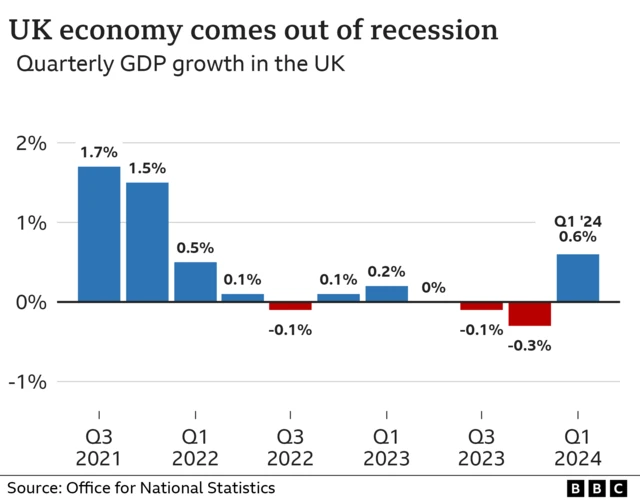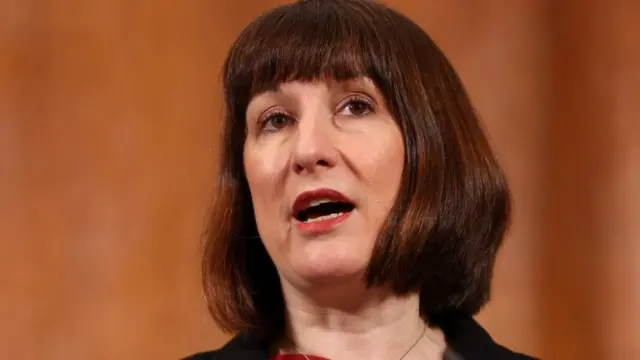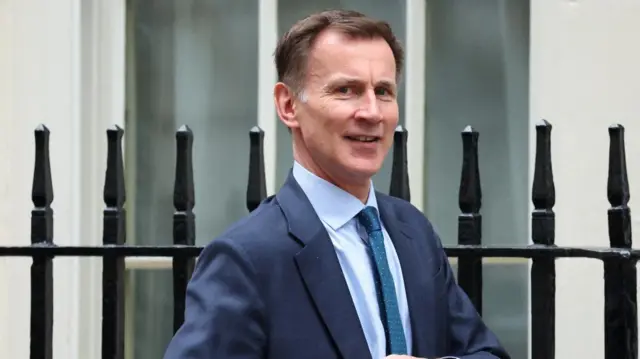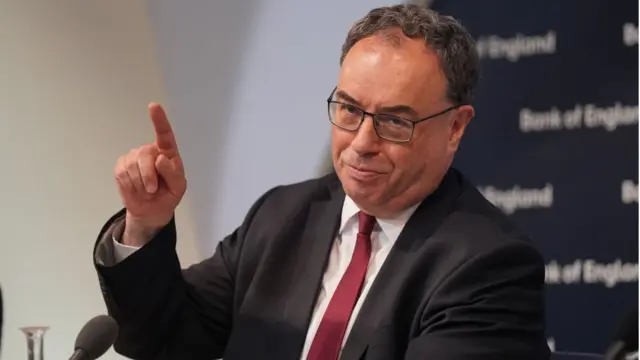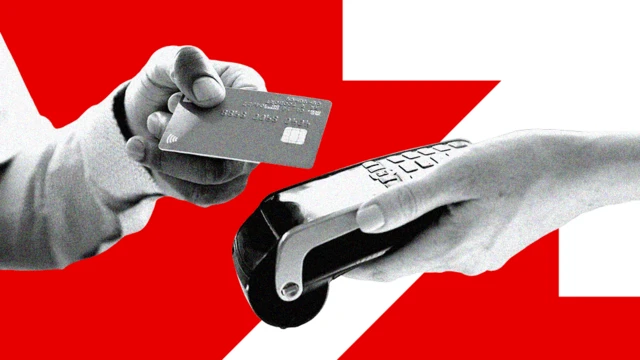Growth 'stronger than expected' - ONSpublished at 07:52 BST 10 May 2024
The economy's 0.6% growth over the first quarter of 2024 was “stronger" than expected, director of economic statistics at the Office for National Statistics (ONS) says.
Liz McKeown tells BBC Radio 4's Today programme that services, such as retail, public transport, haulage and health, were “the biggest driver of growth” - up 0.7%.
Speaking about she says GDP per capita - the GDP figure divided by the population - increased by 0.4% after seven consecutive quarters of no growth.
Asked about how the UK economy is doing overall, she says looking at the figures since pre-pandemic, GDP went up 1.7% over that period, but the ONS is "still seeing a fall in GDP per head of 1.2%".
